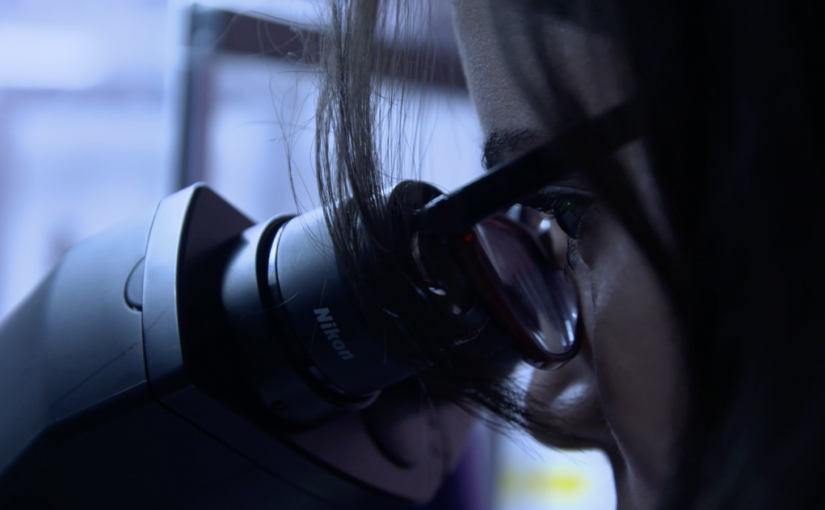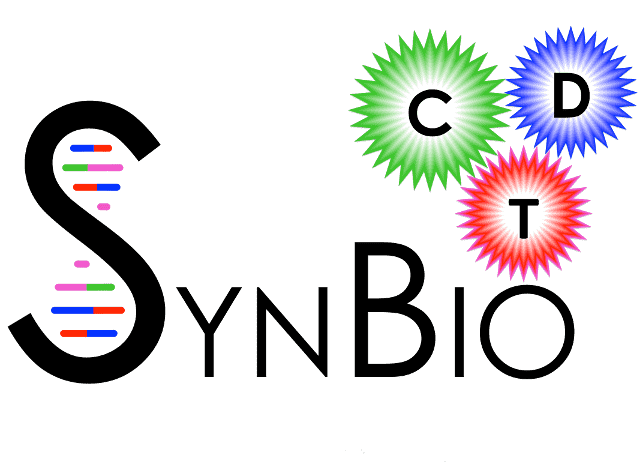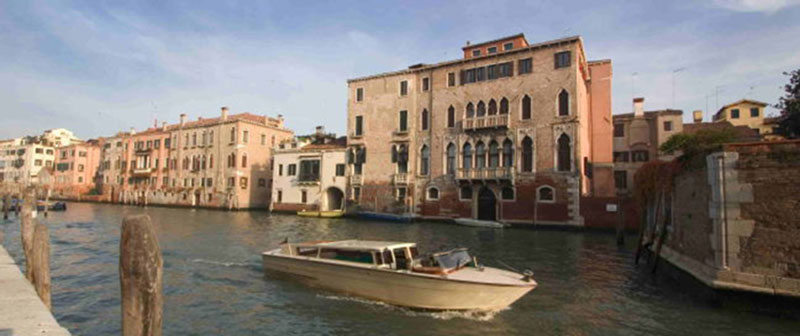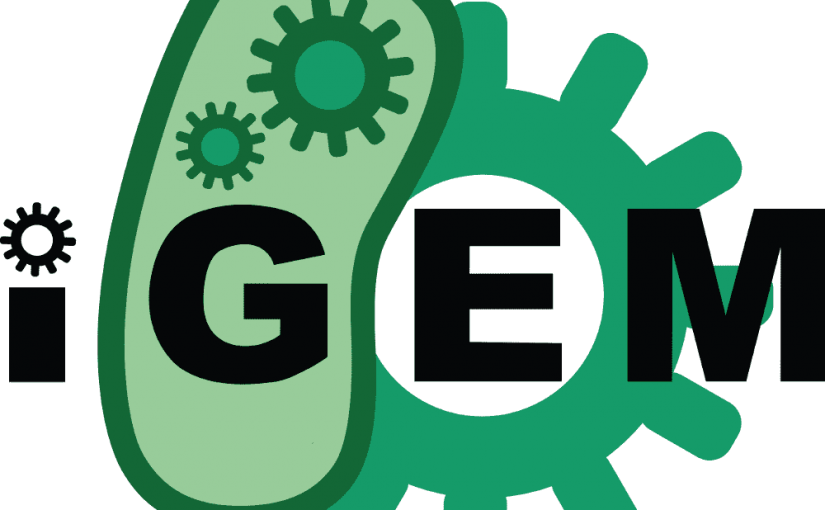
Author: Sarah Bennett


First BIORIBOBOOST meeting in Valencia
The recently funded BIORIBOBOOST consortium had its first joint meeting at the end of October in Valencia. This EU-funded 25-partner consortium includes groups from eleven European countries plus further partners in China, Japan, Singapore and USA. John McCarthy represents WISB in the consortium, which has the objective to establish a new framework of future standards and guidance for technologies, practices and policies in synthetic biology.

Addressing Global Challenges

Apply now for a PhD starting in October 2018
Applications can be made to the SynBio CDT programme for PhDs starting in October 2018. The 4-year studentships cover UK/EU Tuition Fees in full and pay an annual stipend. The next application deadline is 24th November 2017.
The SynBioCDT draws upon the breadth and depth of multidisciplinary expertise within the research environment at the Universities of Oxford, Bristol and Warwick to offer comprehensive training in the design and engineering of biologically based parts, devices and systems as well as the re-design of existing, natural biological systems across all scales from molecules to organisms.
Students from a wide range of backgrounds are encouraged to apply.
For more details see the SynBioCDT website.

WISB International Workshop taking place in Venice
The WISB International Workshop will take place next week from Tuesday 19th – Thursday 21st September 2017 in Palazzo Pesaro Papafava, the University of Warwick’s conference facility in Venice.
The workshop will see WISB members come together with external speakers to discuss advances in their research, the latest global advances in Synthetic Biology, and will also see plans being made for future exploitation of these technologies. This workshop will focus on multiple themes in the burgeoning field of synthetic biology, including predictive design, biological circuitry, biosynthetic pathways and cell communities. There will be oral and poster presentations on a range of synthetic systems, featuring computational modelling as well as experimental research on microbial, mammalian and plant cells. The workshop will also include a session on ethical and societal aspects of synthetic biology.
Guest speakers will be travelling from as far afield as the USA and South Korea with Josh Leonard and John Coley (Northwestern University, USA), Virginia Cornish (Columbia University, USA), Ahmad Khalil (Boston University, USA) and Haseong Kim (Korea Research Institute of Bioscience and Biotechnology, South Korea) in attendance.
Speakers travelling from Europe include:
- Kobi Benenson (ETH Zurich, Switzerland)
- Victor de Lorenzo (Centro Nacional de Biotecnologia, Spain)
- Irina Borodina (Technical University of Denmark)
- Jordi Garcia Ojalvo (Universitat Pompeu Fabra, Spain)
- Philip Shapira (University of Manchester, UK)
- Stefaan Blancke (Ghent University, Belgium)
- Anke Becker (Philipps-Universitat Marburg, Germany)
You can follow updates from the workshop on Twitter #WISBinVenice

Warwick’s iGEM students take on E.coli
Warwick’s 2017 iGEM team, Blueprint 361, is determined to make E.coli work in their favour. The team is made up of 5 engineering undergrads, 4 students from the School of Life Sciences and a chemist, and are supervised by Dr Alfonso Jaramillo. To meet the team, check out their video.
Their project is going to use E.coli to produce a biopolymer, which will then in turn be used as the bio-ink for their 3D printer. Over the course of the summer months, the team have been relentlessly working away in many labs around the campus to use this system for the creation of surface coatings with improved biocompatibility and osseointegration. If successful, the team could see revolutionary increase in both the strength and versatility of artificial joints and dental implants.
Excitingly, further development could even see this technology lead to the 3D printing of biological structures, such as trachea frameworks or even organ scaffolds.
The Blueprint 361 team will be taking their project to Boston in November 2017 to compete in the iGEM Jamboree against over 300 other teams from around the world. The team are urgently seeking additional funds in order to allow them to further develop their project. Can you help them? If so, please email igem@warwick.ac.uk.
iGEM is an international synthetic biology competition, which was established by MIT in 2003. Each iGEM team works over the summer to produce a new genetically engineered biological system, and competes in the following categories: the environment, manufacturing, diagnostics, therapeutics and food.
Keep up to date with the team here:
Facebook @warwickIGEM
Twitter @warwickigem
Instagram @igemwarwick

Review 2017
The 2017 WISB review workshop will take place on the 7th of June in the Oculus building at the University of Warwick.
The programme will primarily showcase the work of our PDRAs, Research Fellows and SynBio CDT PhD students. For those of you who are already familiar with WISB, these presentations will provide a valuable update on all of our science and technology development activities. For those of you who are relatively new to this community, these presentations will reveal the breadth of excellent work that is being done in the centre.

Great new employment opportunity!
Applications are now closed for this position. Keep an eye out for more opportunities in the future.
We are looking for a WISB Research & Outreach Manager
This post will suit a candidate with a background in research who wishes to develop a career in research programme management, learning and/or applying skills in financial oversight, grant proposal writing, research communication and outreach activities.

Apply now for a PhD starting in October 2017
Applications can be made to the SynBio CDT programme for the remaining two PhDs starting in October 2017. The 4-year studentships cover UK/EU Tuition Fees in full and pay an annual stipend. The next application deadline is 30th April 2017.
The SynBioCDT draws upon the breadth and depth of multidisciplinary expertise within the research environment at the Universities of Oxford, Bristol and Warwick to offer comprehensive training in the design and engineering of biologically based parts, devices and systems as well as the re-design of existing, natural biological systems across all scales from molecules to organisms.
Students from a wide range of backgrounds are encouraged to apply.
For more details see the SynBioCDT website.

WISB Fellowship for early career researchers now available
Applications have now closed!
WISB is looking for an ambitious postdoctoral researcher who wishes to begin development of an independent career in Synthetic Biology. This fellowship is a fixed term contract for four years.
The closing date for applications is 26th February 2017. For more information, please visit the University of Warwick’s job website.



